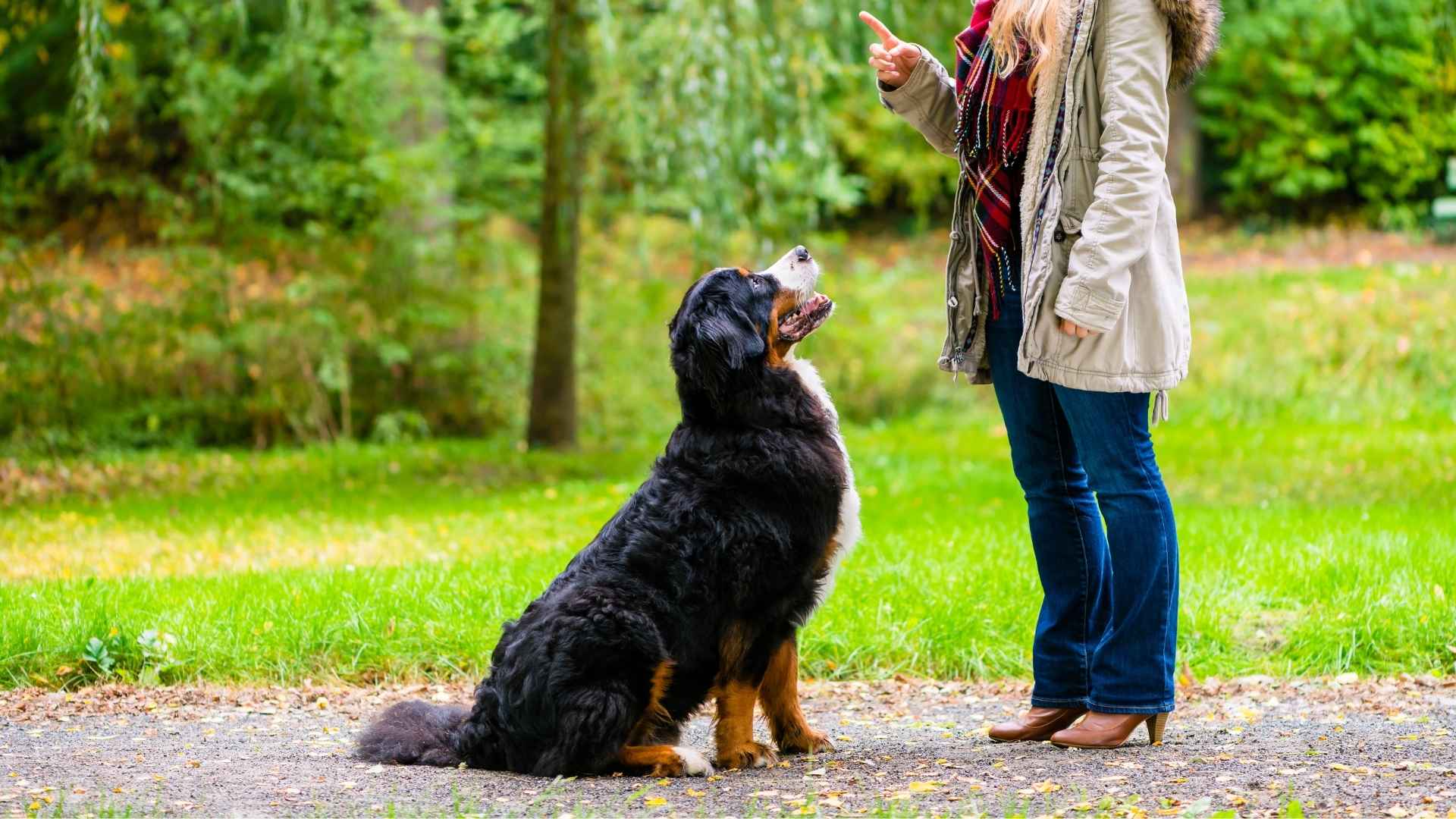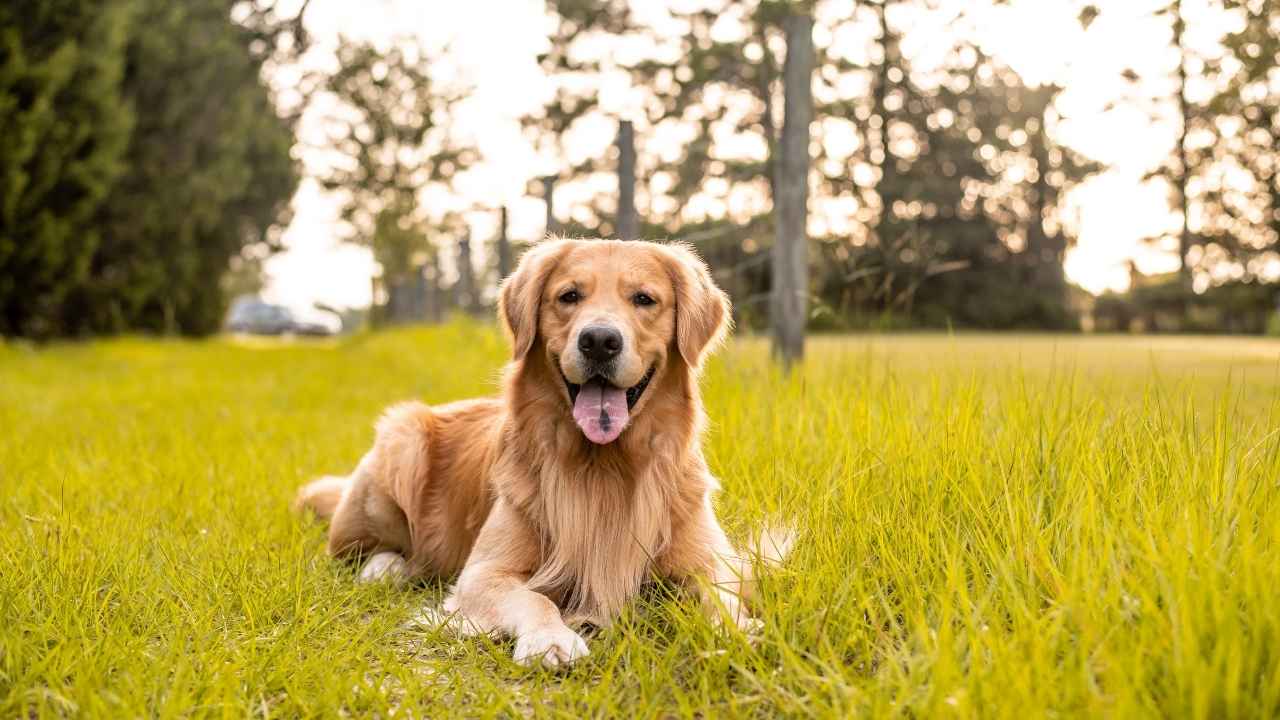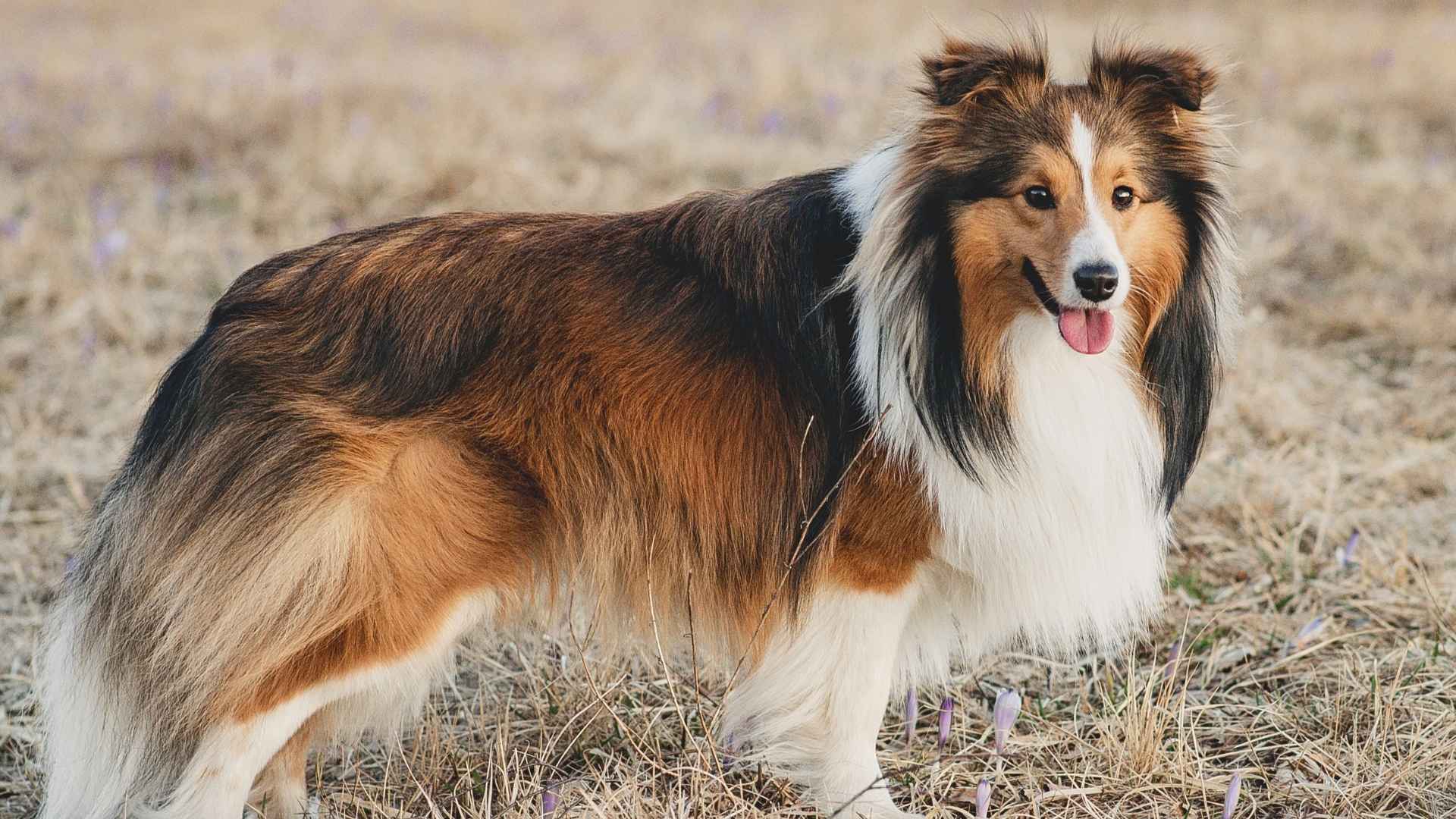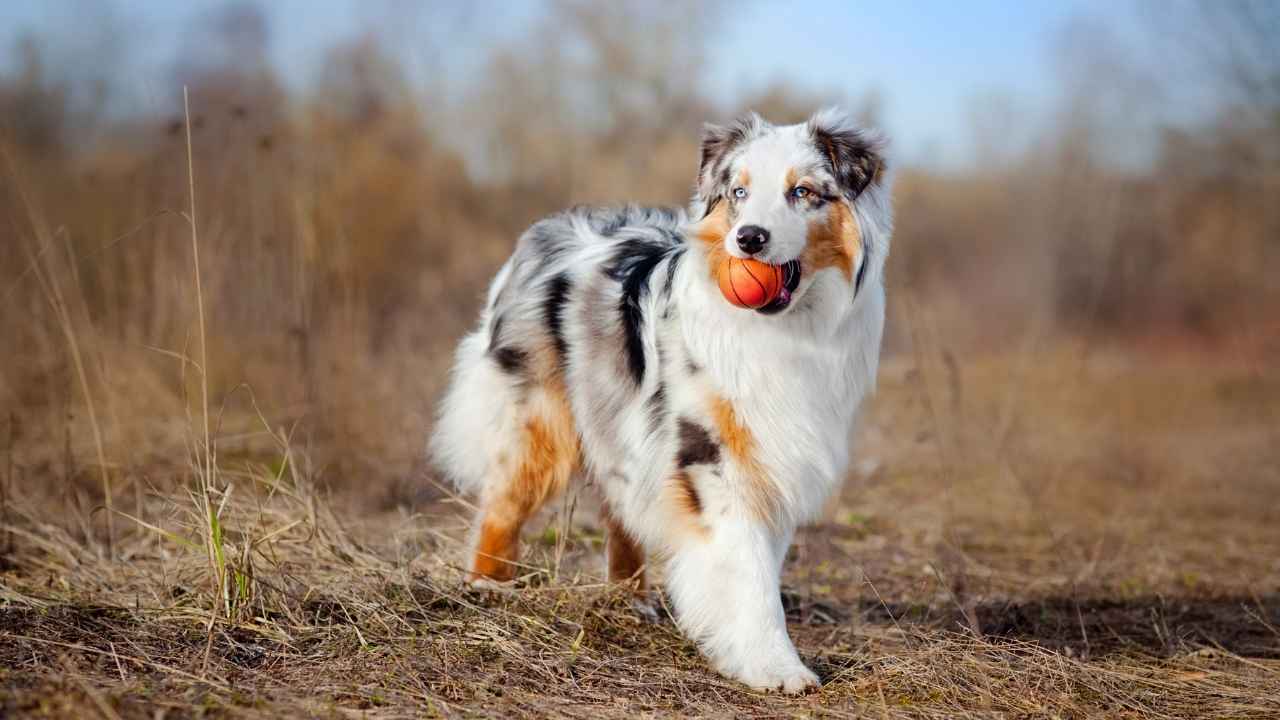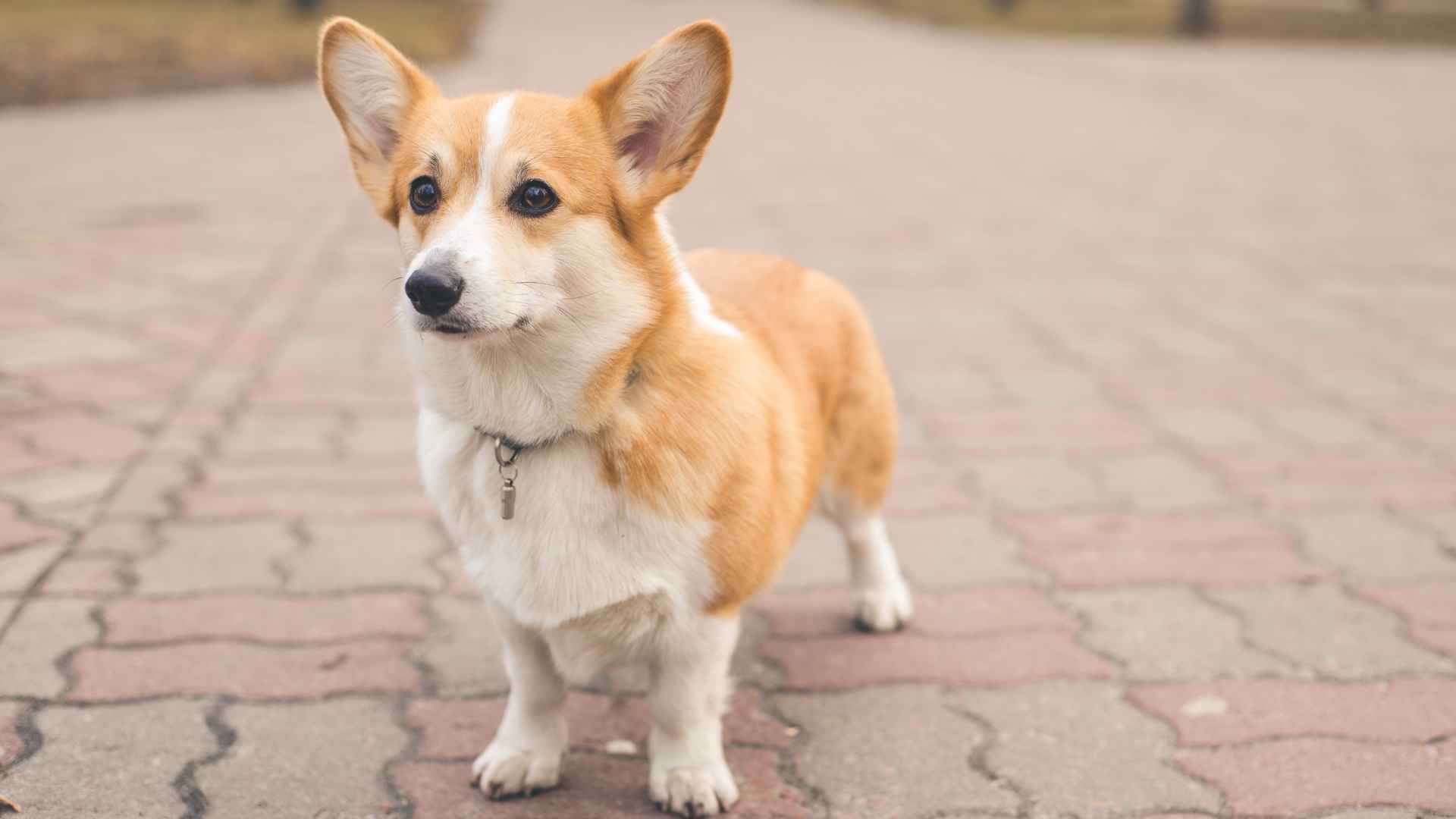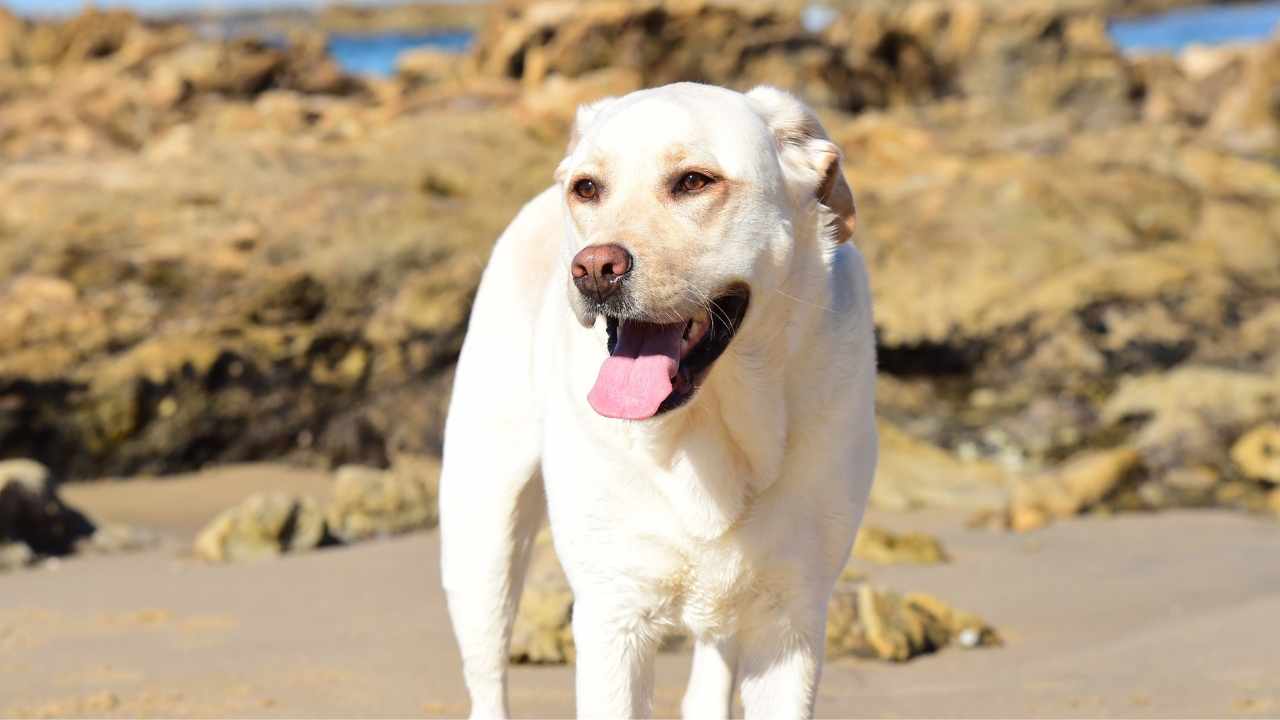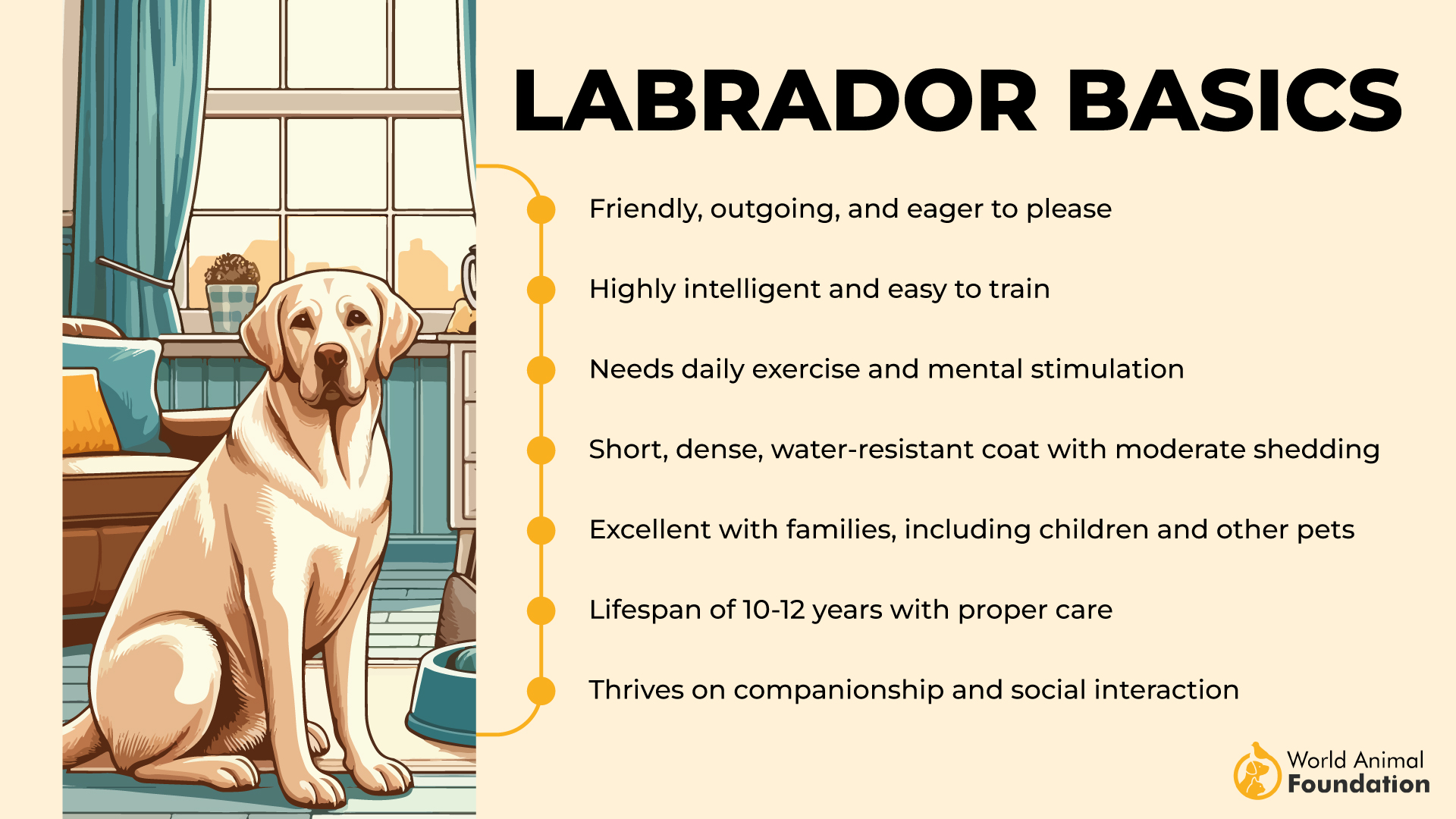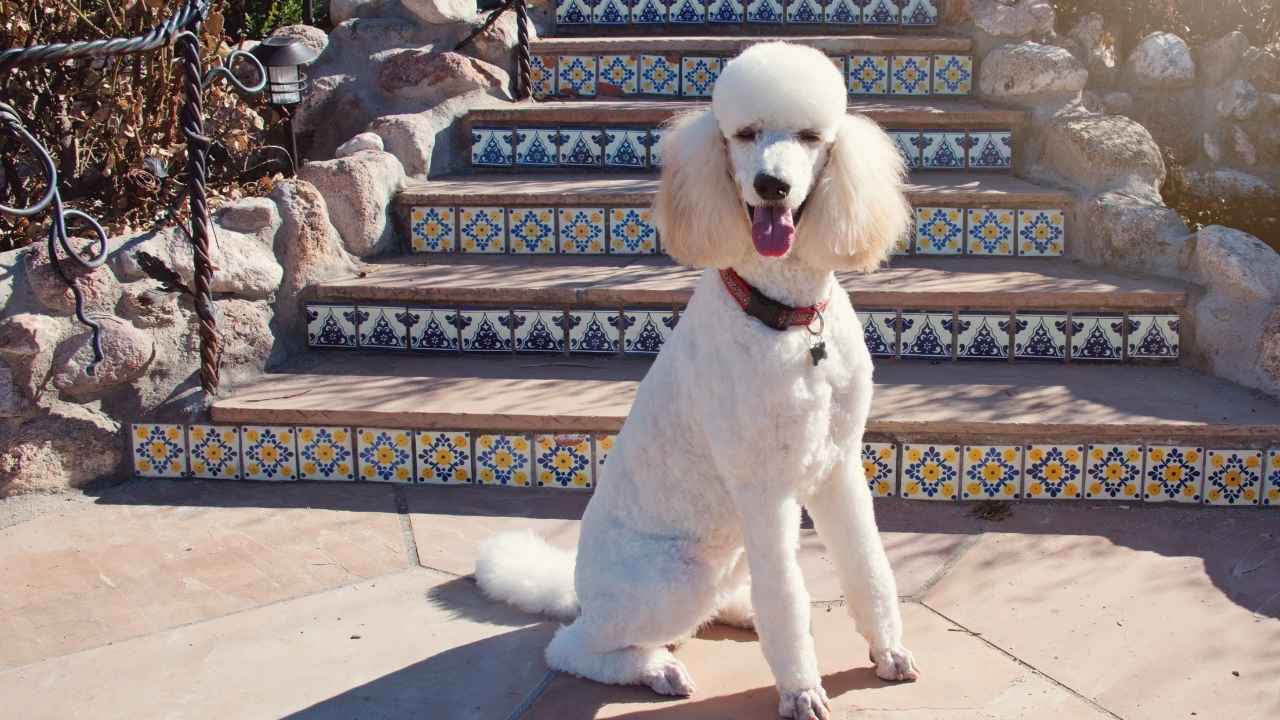Training a dog can be a rewarding experience, fostering a deeper bond between pet and owner. While every dog has the potential to learn, some breeds are particularly receptive to training due to their intelligence, eagerness to please, and adaptability. In this article, we explore nine dog breeds known for their ease of training, making them ideal choices for both novice and seasoned dog owners. Whether you’re seeking a diligent companion or a versatile working partner, these breeds offer the perfect blend of obedience and charm, ensuring a harmonious relationship and a well-behaved pet.
Ever wondered why some dogs learn tricks faster than others? It’s like comparing overachievers to… well, those who work independently. While some breeds live to impress, other dogs may prefer their rhythm. But don’t worry—there are certain breeds known for their brains and eagerness to please.
From the classic Golden Retriever to the pint-sized Papillon, these dogs make training feel less like a chore and more like bonding time. Unlike other breeds that seem to question your every command (looking at you, independent thinkers!), these furry friends are all about being the best boy—or girl—ever.
Ready to explore the easiest dog breeds to train? Whether you want a herding champ or a snuggly companion, these pups prove that teaching new tricks is fun for both you and them. Let’s dive in!
Comparing Trainability Among the Breeds
|
Border Terrier |
Moderate to High |
High |
Moderate |
Easy with consistent methods |
|
Golden Retriever |
High |
Very High |
High |
Extremely easy, very obedient |
|
Shetland Sheepdog |
Very High |
High |
Very High |
Easy, thrives on mental stimulation |
|
Australian Shepherd |
Very High |
High |
Very High |
Easy, needs structured training |
|
Pembroke Welsh Corgi |
High |
High |
Moderate |
Easy but requires firm consistency |
|
Labrador Retriever |
High |
Very High |
High |
Extremely easy, highly adaptable |
|
German Shepherd |
Very High |
High |
High |
Easy, excels in advanced tasks |
|
Papillon |
High |
Very High |
Moderate |
Easy, suitable for obedience training |
|
Poodle |
Very High |
Very High |
Moderate to High |
Extremely easy, versatile in tasks |
Dog Breeds that are Easy to Train
1. Border Terrier
Border Terriers may be small in size, standing 10-11 inches tall and weighing around 11-16 pounds, but they’re packed with personality. Originally bred as fox hunters, this terrier breed has a bite force that, while not as strong as a Doberman Pinscher’s, is still impressive for its size. Border Terriers are the quintessential energetic breed, requiring regular exercise to prevent boredom (and shoe destruction).
These intelligent breed dogs are independent thinkers, as mentioned by PetPlan. Yet, with proper training and positive reinforcement, they’re among the easiest dogs to train.
They’re food-motivated and eager to please but maintain an independent streak that keeps dog training sessions… interesting. For dog owners, patience is key with this small yet mighty companion dog.
|
Energetic and playful |
Can become bored without regular exercise |
|
Highly intelligent |
Stubborn and independent at times |
|
Small size, perfect for compact homes |
Prone to chasing cats and small animals |
|
Friendly temperament |
Needs firm, consistent training |
2. Golden Retriever
The Golden Retriever is everyone’s favorite good boy for good reason. This large dog, weighing 55-75 pounds and standing about 21-24 inches tall, is the poster child of the easiest dogs to train. Their high intelligence and instinctive drive make them perfect for dog sports, complex tricks, and even working as service animals.
Golden Retrievers thrive on affection and love learning new commands, whether it’s agility training or simply fetching slippers. But, beware—without regular exercise, they might “redecorate” your house with their boundless energy.
Their food-motivated nature is a blessing for training classes but a curse for unattended snacks. With their eagerness to please, Golden Retrievers are an excellent first dog choice for any family, according to PDSA.
|
Exceptionally eager to please |
High energy levels require active owners |
|
Affectionate and great for families |
Can overeat if not monitored |
|
Quick learners, great for training |
Needs plenty of mental challenges |
|
Versatile, ideal for dog sports |
Can be overly enthusiastic without training |
3. Shetland Sheepdog
Meet the Shetland Sheepdog, or “Sheltie,” a small yet agile herding dog known for its butterfly-like ears and boundless intelligence. These smart dogs are often compared to Border Collies and Australian Cattle Dogs for their instinctive drive and high trainability. Standing 13-16 inches tall and weighing around 15-25 pounds, they’re the perfect balance of energy and compact size.
Shelties are affectionate yet independent, a trait that makes them a bit of a diva during training sessions. They thrive on agility exercises and mental challenges but don’t appreciate harsh commands (who does?).
This breed’s energetic personality makes them one of the easiest dogs to train—but only if you can match their energy levels. Prepare for a loyal bond and endless entertainment.
|
Highly intelligent and quick learners |
Sensitive to tone during training |
|
Compact size with an energetic nature |
Requires a lot of exercise and stimulation |
|
Affectionate and loyal companion |
Can be shy or reserved with strangers |
|
Great for agility and herding tasks |
Prone to barking if not properly trained |
4. Australian Shepherd
Australian Shepherds, often mistaken for Border Collies, are one of the most intelligent dog breeds. These energetic working dogs stand 18-23 inches tall and weigh between 40-65 pounds. Known for their instinctive drive and strong work ethic, Aussies are the ultimate multitaskers. They excel in dog sports like agility and herding, making them a dream for active dog owners.
But don’t be fooled—this intelligent breed can outsmart you if you’re not consistent. While they enjoy learning new commands and thrive on regular exercise, they can develop behavioral issues if left unstimulated.
Aussies love mental challenges and make training a breeze with positive reinforcement. However, without proper training, they may herd humans, animals, and sometimes even furniture!
|
Highly intelligent and trainable |
Needs constant mental and physical activity |
|
Thrives on agility and working tasks |
Can develop herding-related quirks |
|
A loyal and affectionate companion |
Prone to boredom and destructive behavior |
|
Energetic and adaptable |
Not suited for sedentary lifestyles |
5. Pembroke Welsh Corgi
The Pembroke Welsh Corgi, famous for its short legs and royal connections, is a small dog with a big personality. Standing about 10-12 inches tall and weighing 22-31 pounds, this herding breed is one of the easiest dogs to train. They’re eager to please, quick learners, and love mental challenges like solving puzzles or learning new tricks.
Corgis are excellent lap dogs with an independent streak, meaning they’ll occasionally question your authority. They bond deeply with humans but require regular exercise to channel their energetic breed tendencies.
Their small size makes them great for compact homes, but their bold personality ensures they’ll run the house. Beware of barking—it’s their favorite way to get attention.
|
Highly trainable and intelligent |
Prone to excessive barking |
|
Small size, ideal for apartments |
Requires consistent exercise |
|
Eager to please and affectionate |
Can develop stubborn tendencies |
|
Excellent herding instincts |
May herd humans and other pets |
6. Labrador Retriever
Labrador Retrievers are not just America’s most popular breed—they’re also among the easiest dog breeds to train. Standing 21.5-24.5 inches tall and weighing 55-80 pounds. PetMD notes that Labs are versatile working dogs with high intelligence and an eagerness to please. Originally bred as hunting companions, they’re now adored as service animals, therapy dogs, and all-around family pets.
Labs have a high food drive, making positive reinforcement during training classes incredibly effective. Their affectionate and adaptable nature suits them to both large families and first-time dog owners.
However, Labs need regular exercise and mental challenges to prevent boredom (and chewed shoes). With proper training, these lovable dogs quickly master new tricks, proving they’re born to be companions.
|
Extremely affectionate and loyal |
High energy requires daily exercise |
|
Perfect for families and first-time owners |
Prone to overeating if not monitored |
|
Highly intelligent and trainable |
Can become destructive when bored |
|
Excellent for various dog sports |
Sheds heavily, needs grooming |
7. German Shepherd
The German Shepherd is a large dog with unmatched loyalty and intelligence, often hailed as one of the most intelligent dog breeds. Standing 22-26 inches tall and weighing 50-90 pounds, these working dogs excel in tasks ranging from police work to agility training. Their instinctive drive and strong work ethic make them quick learners for complex tricks and commands.
However, this energetic breed requires regular exercise and mental challenges to stay sharp. German Shepherds are highly trainable, but their independent streak can make them a handful without proper training.
While they are great with families, they may become overprotective if not socialized early. For dog owners seeking a devoted, eager-to-please companion, this intelligent breed is hard to beat.
|
Highly intelligent and versatile |
Requires an experienced owner |
|
Loyal and protective |
Prone to separation anxiety |
|
Great for advanced tasks and training |
Needs consistent mental and physical stimulation |
|
Adaptable to various roles |
May develop overprotective tendencies |
8. Papillon
The Papillon, known for its butterfly-like ears, is a toy breed with a big heart, notes Britannica. Standing just 8-11 inches tall and weighing 5-10 pounds, this small dog is a quick learner and one of the easiest dogs to train. Their high intelligence and eagerness to please make them stand out among toy breeds, as they love learning new tricks and commands.
Papillons thrive in training classes and dog sports despite their small size. They’re affectionate and adaptable but need regular exercise to manage their high energy levels.
Their lap dog personality is paired with a bold streak, meaning they’ll eagerly take on challenges larger dogs might hesitate to face. Don’t underestimate this tiny but mighty companion dog!
|
Highly intelligent and trainable |
Needs regular mental stimulation |
|
Compact size, ideal for small homes |
Prone to barking if not properly trained |
|
Great for dog sports and agility |
Fragile build requires careful handling |
|
Affectionate and eager to please |
Can become clingy without proper independence |
9. Poodle
Poodles, whether Toy, Miniature, or Standard, are among the smartest dogs you’ll ever meet claims AKC. Their high intelligence and elegant appearance often overshadow their fun-loving personality. Standing between 10-24 inches tall and weighing 6-70 pounds depending on the size, Poodles excel in dog sports, agility, and even therapy work.
Originally bred as water retrievers, these highly trainable dogs enjoy regular exercise and mental challenges. They’re eager to learn new tricks and thrive in training classes that use positive reinforcement.
Poodles are also hypoallergenic, making them a great choice for allergy sufferers. However, they require grooming to maintain their iconic coat. With their adaptability and charm, Poodles are a fantastic option for any dog owner.
|
Extremely intelligent and versatile |
Requires regular grooming |
|
Hypoallergenic, ideal for allergy sufferers |
Can become bored without challenges |
|
Great for training and dog sports |
May develop separation anxiety |
|
Affectionate and eager to please |
Needs consistent mental stimulation |
Conclusion
In the world of dogs, finding a breed that fits your life and training style can be as rewarding as it is important. While the breeds we’ve discussed—like the loyal German Shepherd and the eager-to-please Labrador Retriever—are among the easiest dogs to train, they’re just the beginning.
Certain breeds, like the Miniature Schnauzer and Toy Fox Terrier, also shine with their quick learning abilities and energetic personalities. Similarly, Boston Terriers and English Springer Spaniels combine charm with trainability, making them excellent companions for active dog owners. On the flip side, some of the hardest dogs to train, such as independent-minded breeds, require patience and consistent effort.
Other terrier breeds, Toy Poodles, and even the affectionate Bichon Frise all bring unique breed characteristics. Whether you choose a puppy ready for adventure or a lap dog best suited for quiet moments, each dog enriches life and helps us live fully.
In conclusion, selecting a dog breed that is easy to train can significantly enhance the pet ownership experience, especially for novice owners. Breeds known for their intelligence, eagerness to please, and strong work ethic tend to excel in training environments, fostering a strong bond with their owners. Breeds such as Labrador Retrievers, Border Collies, and Poodles are renowned for their trainability, demonstrating that with the right breed choice, patience, and consistency, achieving desired behavioral outcomes is more attainable. Ultimately, understanding the unique traits of these breeds ensures a harmonious and rewarding relationship between dogs and their human companions.

